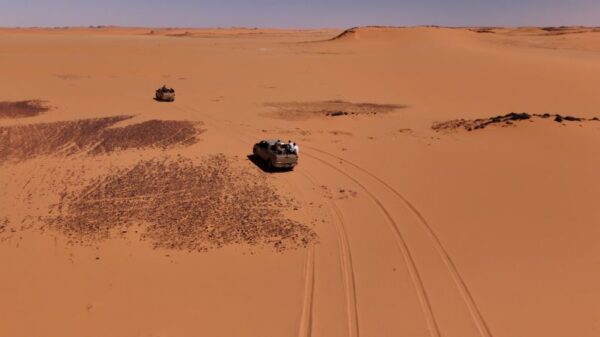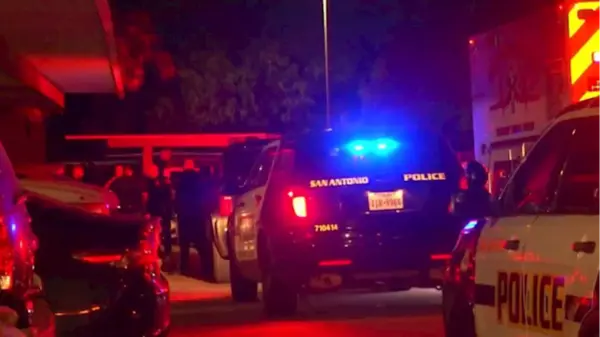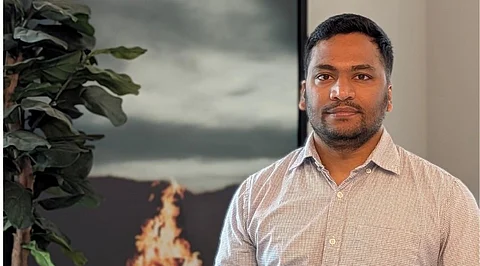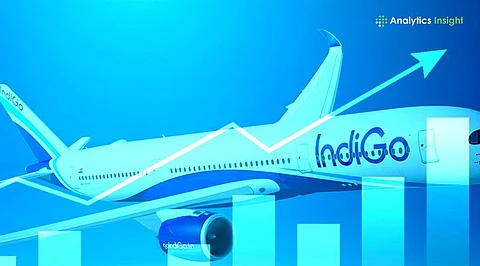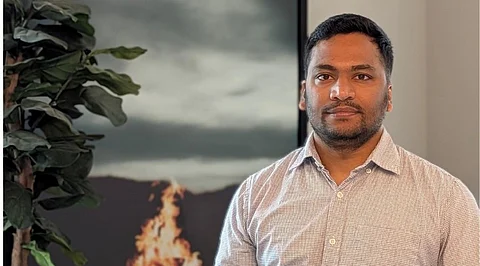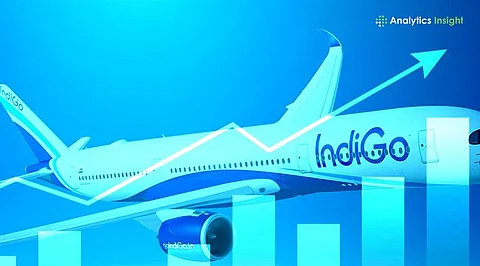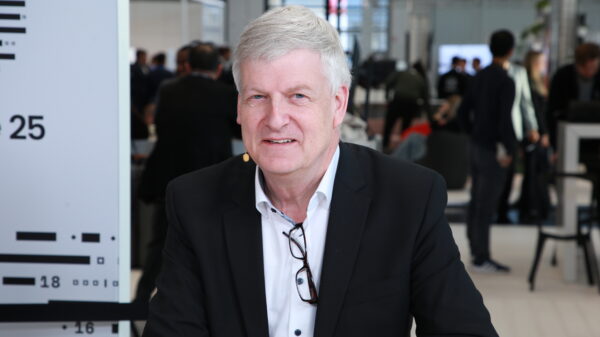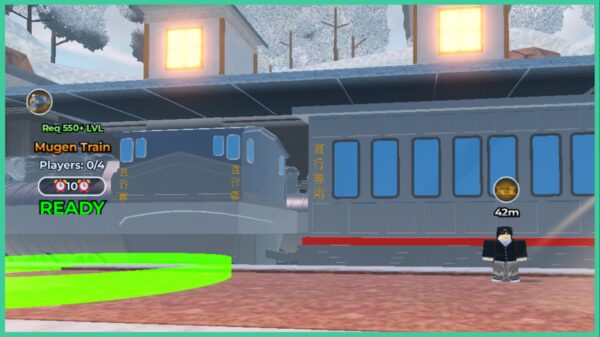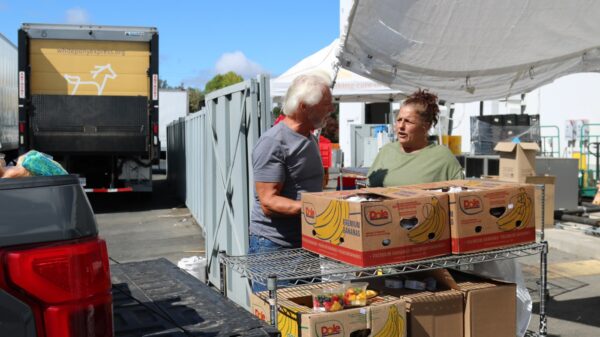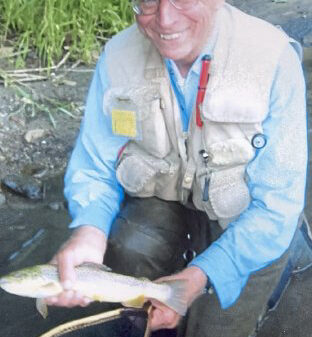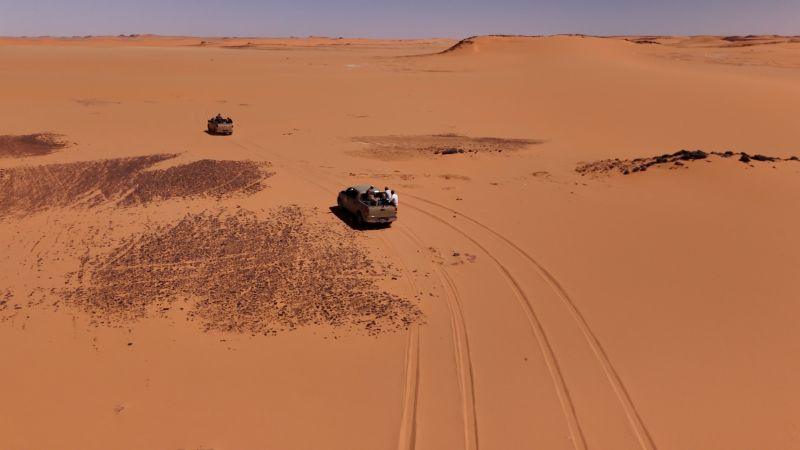The inhumane conditions faced by refugees in Libya’s Sahara Desert have come to light, revealing a disturbing trend of extortion and torture by traffickers. Families are being forced to pay ransoms to secure the release of their loved ones, with reports indicating that one victim, identified as Daniel, is being held for a demand of $10,000. His sister, Abeba, living in Germany, received an audio message from him, underscoring the desperation of their situation: “This will be my final message.”
Daniel’s plight is part of a broader crisis affecting numerous migrants in Libya, many of whom are fleeing conflict in their home countries, particularly Sudan. The civil war there has displaced millions, pushing many to seek refuge in Europe via the perilous Mediterranean route. Instead of finding safety, many fall into the hands of traffickers who exploit their vulnerabilities.
The Trafficking Landscape in Libya
Libya has long been a critical transit point for migrants attempting to reach Europe. The country’s vast desert, particularly the area known as Kufra, serves as a dangerous haven for traffickers. Those who are captured often endure brutal treatment as gangs seek to extract money from their families. Videos obtained by CNN reveal harrowing scenes of abuse, including torture and humiliation.
According to the United Nations, Eritreans comprise a significant portion of the refugee population in Libya. Many flee mandatory military service in their oppressive home country, only to become victims of trafficking networks. Abeba’s brother is one of many who have been caught in this tragic cycle, emphasizing the urgent need for international attention and intervention.
Efforts to Combat Trafficking
While local authorities, such as the Libyan National Army, attempt to disrupt trafficking operations, the vastness of the Sahara makes enforcement incredibly challenging. Col. Mohammad Hassan Rahil, who commands a post near the Sudanese border, acknowledged the limitations of their capabilities, stating, “We are doing our best with the capabilities that we have.” Despite their efforts, traffickers often evade capture, operating with relative impunity.
The intricacies of the trafficking industry complicate law enforcement’s efforts. The use of informal money transfer systems, like hawala, allows traffickers to conduct transactions without leaving a trace. This system poses significant hurdles for authorities trying to track down the financial flows that sustain these networks.
One Sudanese man, arrested in Al Jawf, indicated the extent of the system. He described how he facilitated payments between families and traffickers, revealing the complex web of complicity that exists within the trafficking ecosystem. The police often rely on sheer luck to apprehend traffickers, leading to sporadic successes rather than a sustained crackdown.
The Human Toll
The human cost of this trafficking crisis is staggering. At the Ganfuda Detention Center in Benghazi, many young women and girls await assistance after enduring horrific abuse during their captivity. One minor, identified as Abrihet, shared her traumatic experiences, illustrating the profound impact of this crisis on the lives of those caught in the web of trafficking.
“These guys, they touched me,” she said, reflecting on her captors’ abuse. The psychological scars left by these experiences are severe, with many survivors struggling to find a path forward. Abrihet expressed a desire to escape her pain, highlighting the urgent need for comprehensive support for victims.
As international efforts to address migration and trafficking continue, the situation remains dire. Col. Mohammed Al-Fadhil of Libya’s Department for Combating Illegal Migration stressed the importance of global cooperation in combating this crisis, urging that “all countries should share” the responsibility to eradicate trafficking.
The European Union’s previous agreements with Libya aimed to mitigate migration to Europe, but they have often resulted in inhumane conditions within detention centers. As the number of migrants attempting the journey increases, particularly among Eritreans, the pressure on international bodies to intervene grows.
After months of fundraising, Abeba was eventually able to secure her brother Daniel’s release from captivity. He is now in Tripoli, still far from being reunited with his family. Abeba’s anguish over the abuse he suffered and the loss of her family’s savings is palpable. “May God punish them for what they did,” she expressed. “How many mothers are crying blood and tears for their children and loved ones? I beg you, tell this story to the world.”
The call for action is clear. The suffering of refugees in Libya’s Sahara must not be ignored any longer.








